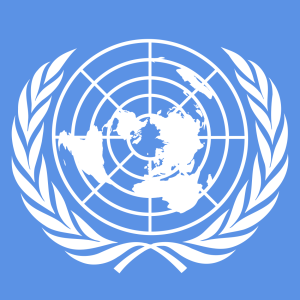
The COVID-19 pandemic, mitigation measures and the emerging global recession could cause food disruption on a scale not seen for more than half a century, according to this policy brief from the United Nations. The UN calls for large-scale coordinated action to protect health and nutrition.
The brief notes some food chain disruptions caused by COVID-19, including slower harvests because of lockdowns, shutdowns of meat processing plants because of COVID-19 outbreaks among workers, dumping of some perishable products because of disrupted supply chains, and children missing out on school meals.
While stocks of most staple foods are in good shape following good harvests in 2019, loss of income is making it harder for some people to access affordable food. The brief estimates that the number of people with “crisis level” food insecurity could double from 135 million by the end of 2020 because of COVID-19.
The brief recommends three linked sets of action:
- Save lives and livelihoods, focusing on where the risk is most acute, such as by maintaining humanitarian food assistance, protecting food supply chains as an essential service, expand food security monitoring, and ensuring relief packages reach those who need them most.
- Strengthen social protection systems for nutrition, such as by providing food through government or community-based programmes and supporting children who no longer have access to school meals.
- Invest in a sustainable future, for example by transforming food systems to protect nature and climate and ensuring COVID-19 resources are directed towards a green, inclusive and resilient economy.
Read the full report, Policy Brief: The Impact of COVID-19 on Food Security and Nutrition, here. See also the Foodsource building block What is food security? Read other COVID-19 content in the FCRN’s research library here.







Post a new comment »